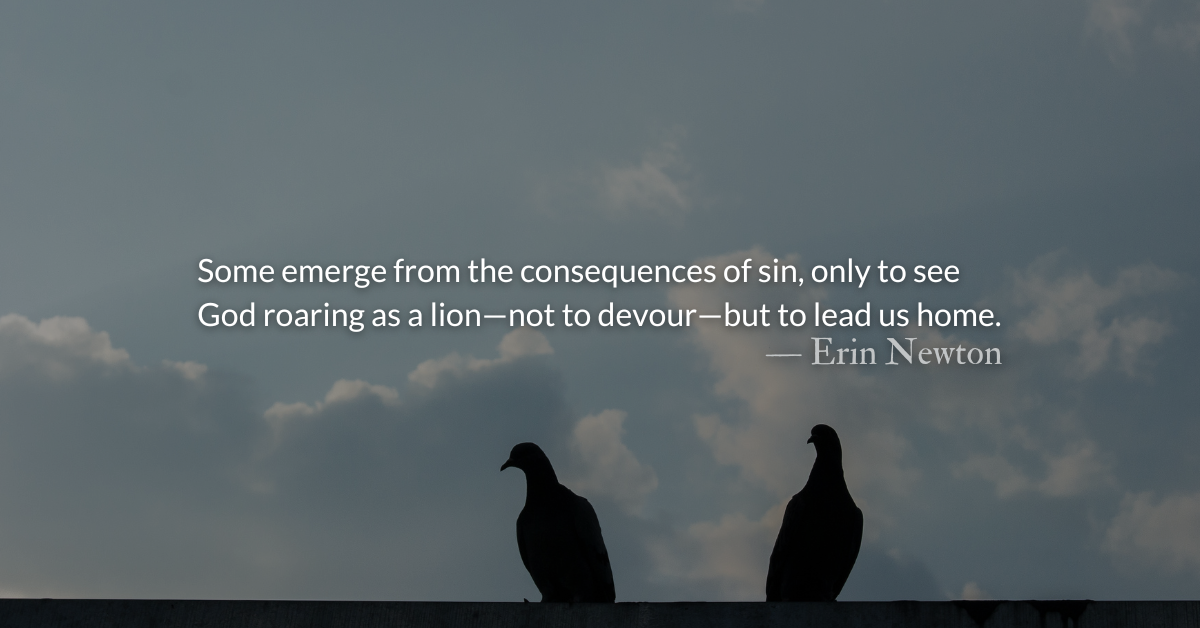Relevant Text: Rom. 2:5
Full Text: Esth. 7; Rom. 2
Worldview | Each of us has a narrative about how the world works. Conscious or subconscious, its effect is pervasive. Leslie Stevenson suggests, “So much depends on our conception of human nature: for individuals, the meaning and purpose of our lives, what we ought to do or strive for, what we may hope to achieve or to become” [1].
Christian | The Christian narrative, argues Albert Wolters, is utterly unique in its perspective: “The great danger is to always single out some aspect of God’s good creation and identify it, rather than the alien intrusion of sin, as the villain. Such an error [conceives] the good-evil dichotomy as intrinsic to the creation itself … [as] something in the good creation is identified as [the source] of evil. In the course of history, this ‘something’ has been variously identified as … the body and its passions (Plato and much of Greek philosophy), as culture in distinction from nature (Rousseau and Romanticism), as authority figures in society and family (psychodynamic psychology), as economic forces (Marx) … As far as I can tell, the Bible is unique in its rejection of all attempts to either demonize some part of creation as the root of our problems or idolize some part of creation as the solution” [2].
Effect | The problem with the world is sin and it’s in all of us. As Alexander Solzhenitsyn said, “[T]he line separating good and evil passes … right through every human heart” [3]. Its effect is disastrous. Paul wrote, “[B]ecause of your stubbornness and unrepentant heart, you are storing up wrath against yourself” [4]. Why start the week by thinking about God’s hatred of sin? To the extent we understand it in our minds and hearts, the love of God will not sink to sentimentalism and self-help. It is not this. It is an infinitely precious and powerful treasure, an invaluable redemption, and the ultimate solution to the sin problem of the Christian narrative.
Prayer | Lord, You declared that your creation was “good” and that those created in your image were “very good” [5]. When sin entered the world, however, sin attached itself to every good created thing like a parasite. Our reasoning, emotions, actions and motives alike are all under its influence. Therefore, we praise you with deep humility for Christ’s redeeming love that cost him his life and that solved the sin problem for all who believe. Amen.
____________________________________
FAQs
How can I make a tax-deductible donation? Click here.
How can I get these devotionals in my inbox? Click here.
What is the reading plan this blog is based on? Click here.
____________________________________
Footnotes
[1] Leslie Stevenson & David Haberman. Ten Theories of Human Nature: Confucianism, Hinduism, The Bible, Plato, Kant, Marx, Freud, Sartre, Skinner, Lorenz. Oxford University Press, 1998. (Location 175 on Kindle for Mac.) | [2] Albert Wolters. Creation Regained: Biblical Basics for a Reformational Worldview. Eerdmans, 2005 (p. 61). | [3] Alexander Solzhenitsyn. The Gulag Archipelago. | [4] Rom. 2:5 NIV1984 | [5] See Gen. 1.






